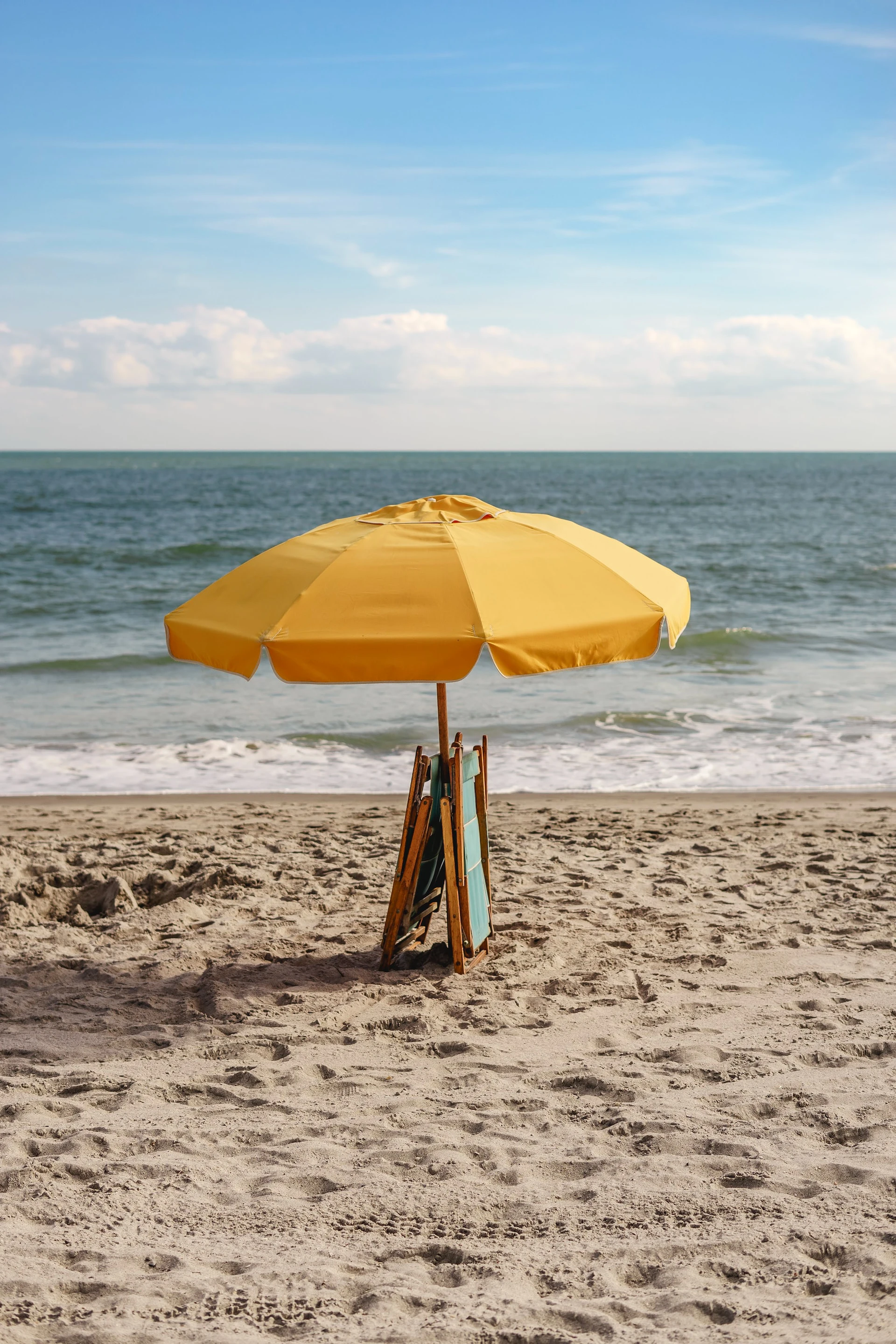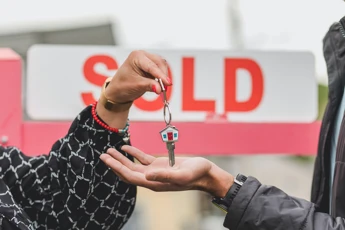If you’re weighing up the opportunity to invest in property, you’ve probably already heard of a few options, most of which involve using the property as a holiday let.
While there are four primary forms of buy-to-let for residential properties, we’ll focus on three in this article: HMOs (houses in multiple occupation), properties specifically set aside for Airbnb purposes, and holiday rentals. The fourth option here is intended for long-term occupancy by a single or multiple tenants.
Though all of these options involve renting out a property, they differ in terms of their target audience, rental durations, and regulatory requirements.
Let’s dive into what each option means, their respective advantages and disadvantages, and the factors you should consider before making any decisions.
What is a HMO?
A HMO refers to a rental property where three or more unrelated individuals live together and pay rent separately. They will share common facilities like the kitchen, bathroom, and living room, but their bedrooms will remain theirs. As this is the case, HMOs are rented out on a room-by-room basis, with the landlord being responsible for furnishing the property, maintenance, and utilities.
Advantages of HMOs:
- High rental yield: since each room is rented out individually, HMOs can generate a higher rental income compared to traditional rental properties
- Steady demand: affordable housing is typically in high demand among students and young professionals, which means you should have access to a constant pool of potential tenants
- Reduced risk of vacancies: since you have more than one or two tenants, if one moves out, you’re still likely to have a stream of income and with steady demand, you should find the process of filling the vacancy less of a hassle
Disadvantages of HMOs
- Increased management responsibilities: as the landlord of an HMO, you’ll have to manage the needs of multiple tenants, which can be complex and time-consuming
- Stricter regulations: HMOs are subject to different regulations than standard rental properties. If your property falls under the category of a “large HMO,” which includes five or more people, all tenants sharing utilities, and at least one paying rent you’ll need a licence from your local council
- More wear and tear: with multiple tenants living in the same property and being more transient in nature, the property is likely to experience greater wear and tear, leading to increased maintenance costs
Landlords and Airbnb's
Airbnb is an online platform that facilitates the connection between those with a spare room, apartment, or home, and travellers seeking short-term accommodation, usually for leisure or work.
As an Airbnb host, you have the option to rent out your property entirely or offer individual rooms. You also have complete control over prices and availability.
Pros of Airbnb:
- Flexibility: you can choose when to rent out your property and for how long, making it a flexible option if you’d still like to intermittently live in the property
- High rental yield: depending on the location and demand, there is the potential to earn more on a daily basis compared to traditional long-term rentals
- Opportunities to meet new people: since Airbnb involves more direct interaction with guests, you have the opportunity to meet a diverse mix of people, which can be rewarding if you enjoy socialising. On the flip side, you can have as little interaction as you’d like, and simply set up the space as completely self catering
Cons of Airbnb
- More management responsibilities: you will need to manage bookings, communicate with guests, and ensure the property is cleaned and maintained, which can be time-consuming
- Risk of negative reviews: Airbnb relies heavily on reviews from previous guests and a negative review could impact future bookings and the reputation of your accommodation
- Regulatory challenges: this is dependent on where you are, as you may need to get a licence or comply with specific regulations if you want to legally rent your property on Airbnb
What is a holiday let?
A holiday let refers to a type of rental property that is leased for short durations, typically a week or less. These properties are often located in popular tourist areas, such as coastal towns or rural regions. Holiday lets can be rented out on a self-catering basis or with additional services like cleaning and catering.
While many Airbnb's fall under the category of holiday lets, not all holiday lets are part of Airbnb. It's crucial to understand the distinction, as there are specific tax benefits that you can claim if your holiday let meets certain requirements. A holiday let must be exclusively used for vacations, whereas an Airbnb can accommodate both leisure and business travellers.
The pros of holiday lets:
- High rental yield: just like an Airbnb, a holiday let could generate a higher rental yield compared to traditional rental properties, though this may be seasonal in nature
- Opportunity to use the property yourself: while you cannot stay in the property indefinitely, you can use your holiday let yourself, so you could rent it during peak periods and then stay there during quieter months
Cons of owning a holiday let:
- Potential for inconsistent income: seasonal demand can fluctuate, and unless your property is in a consistently popular location, you may experience lower periods of demand
- Potential for higher furnishing costs: you’ll need to provide a fully furnished home when renting out a holiday let, and while you need to do this for Airbnb and HMO, you want to ensure people are getting the most out of their trip (and want to come back)
- More regulations involved: holiday let owners must comply with various regulations concerning fire safety, gas and electrical safety, and waste management, and other relevant requirements
Making the most of your rental property
Regardless of whether you choose an HMO, Airbnb, or holiday let, it’s crucial that your property stands out in the market. Fortunately, there are a few ways to tackle this:
- Location, location, location: consider buying a property in a desirable holiday location, like a seaside resort or idyllic spot in the countryside. You’ll then have your pick of holiday goers to choose from
- Make the right impression: your decor will play a significant role in attracting tenants. Aim for something stylish but comfortable and ensure that your property is clean and well-maintained
Consider your marketing: think about how you’re going to get the word out about your property. Are you going to work with an agent? Investing in professional photos, a well-designed website, and marketing materials can enhance the overall appeal of your property, though these additional expenses should be considered
Getting started with buying a property for Airbnb, holiday let, or HMO
The choice between an HMO, Airbnb, or holiday let depends on factors such as your location, personal preference, and individual circumstances. Each type of property comes with its own advantages and disadvantages and it is crucial to carefully evaluate them before making a decision.
We always recommend seeking professional advice before investing in any type of property. This is particularly important for holiday or HMO lets, as they are subject to specific rules and regulations.
Get in touch with us today to discuss your options and receive expert advice.

Important information
There is no guarantee that it will be possible to arrange continuous letting of the property, nor that rental income will be sufficient to meet the cost of the mortgage.
Your property may be repossessed if you do not keep up repayments on your mortgage.




